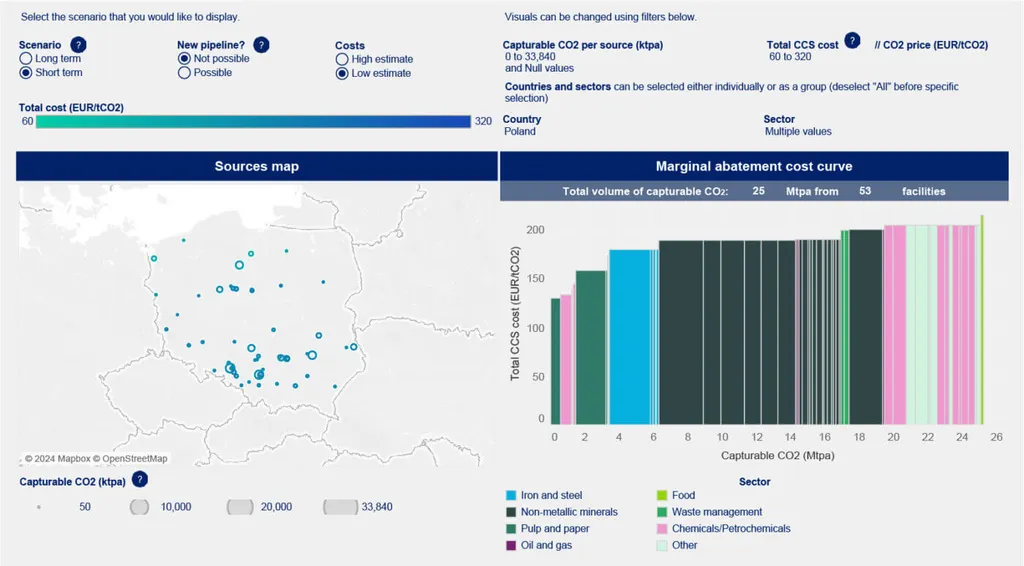In a groundbreaking development poised to revolutionize predictive maintenance in the energy sector, researchers have unveiled an integrated diagnostic system and multi-level reliability model tailored for transport induction motors. This innovation, spearheaded by Duer S. from the Technical University of Koszalin in Poland, promises to enhance cost-efficiency and operational reliability, potentially transforming how industries approach equipment maintenance.
The study, published in *Problems of the Regional Energetics* (translated as *Issues of Regional Energy*), identifies critical motor components prone to failure and designs a diagnostic system to monitor their condition. “By integrating diagnostics with probabilistic reliability modeling, we can predict failures with greater accuracy and reduce unplanned downtime,” explains Duer S. This integration is a significant leap forward, as it enables dynamic maintenance scheduling based on real-time equipment conditions.
The research introduces an eight-state reliability model that reflects the motor’s operational states, from full functionality to catastrophic failure. This model, based on the Kolmogorov-Chapman system of equations, allows for precise predictions of failure-free runtime and optimal maintenance intervals. “The formalization of the relationship between diagnostic signals and reliability states is a key achievement,” says Duer S. “It lays the groundwork for intelligent control of traction drives and the implementation of predictive maintenance systems.”
The implications for the energy sector are substantial. Industries relying on electric drives, particularly rail transport, stand to benefit from reduced maintenance costs and improved operational readiness. The study’s practical implementation of the eight-state model enables dynamic maintenance planning, allowing service strategies to adapt to the real-time condition of equipment. This adaptability is crucial for industries where unplanned downtime can lead to significant financial losses and operational disruptions.
As the energy sector continues to evolve, the integration of advanced diagnostic systems and reliability modeling will play a pivotal role in shaping future developments. This research not only enhances the reliability of induction motors but also sets a precedent for intelligent control systems across various industries. The study’s findings, published in *Issues of Regional Energy*, underscore the importance of proactive maintenance strategies in ensuring operational efficiency and cost savings.
In an era where predictive maintenance is becoming increasingly vital, this research offers a compelling blueprint for industries to follow. By embracing these innovative strategies, companies can achieve higher levels of operational readiness, reduced downtime, and significant cost savings, ultimately driving the energy sector toward a more sustainable and efficient future.

